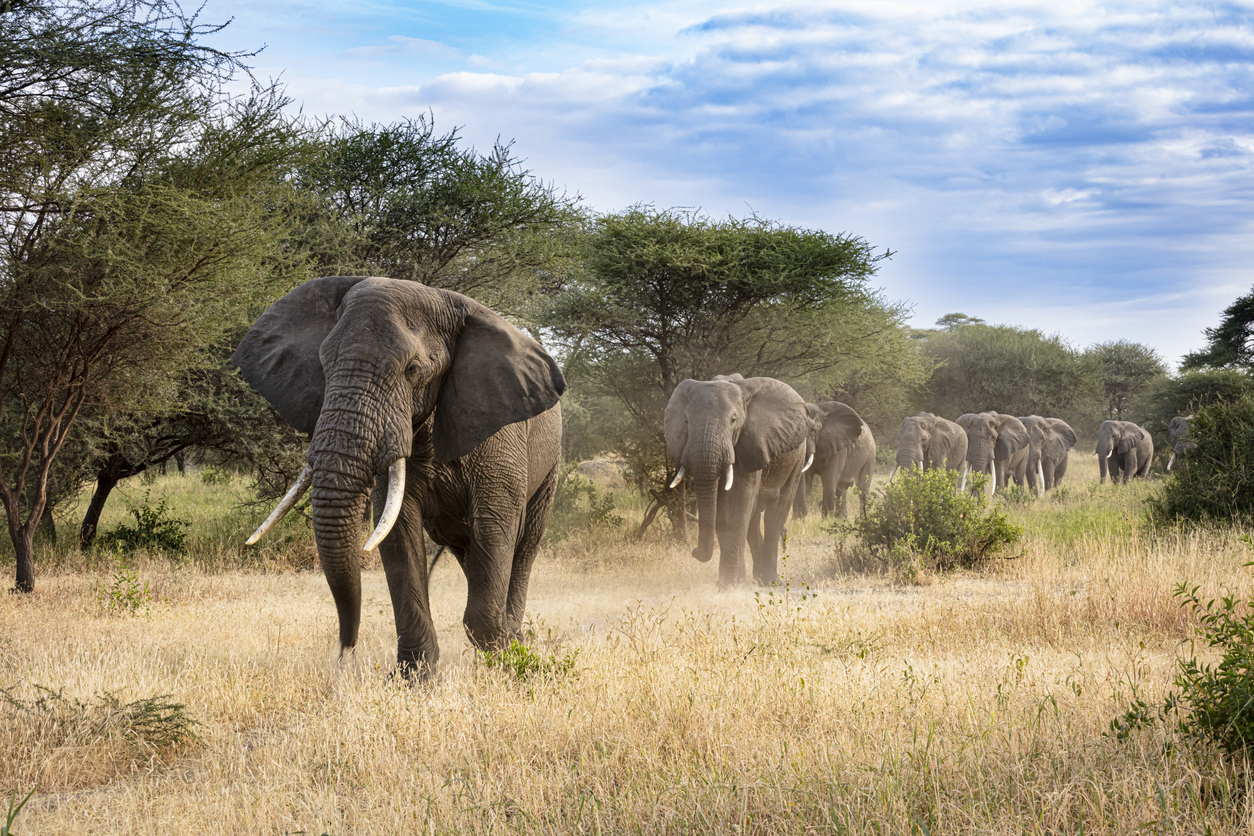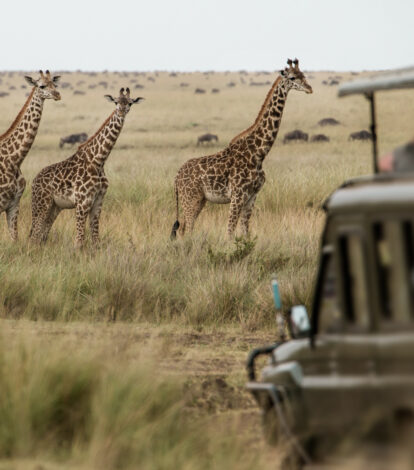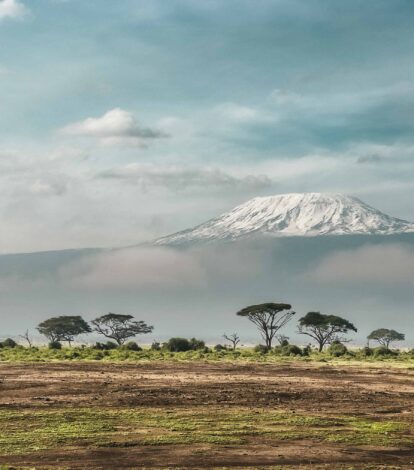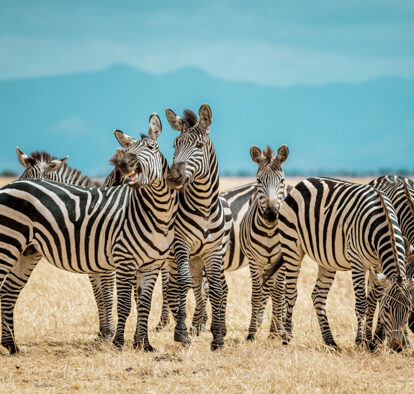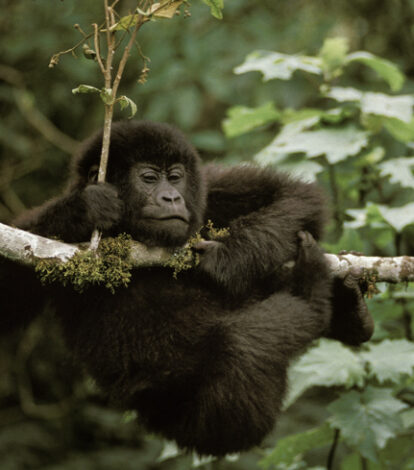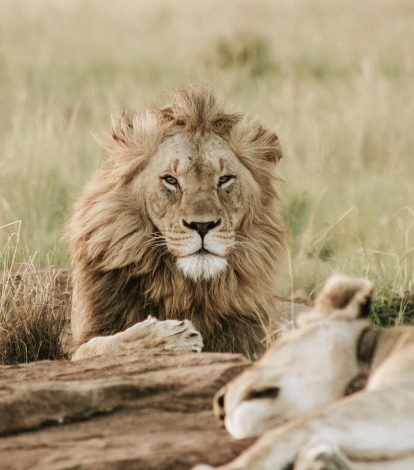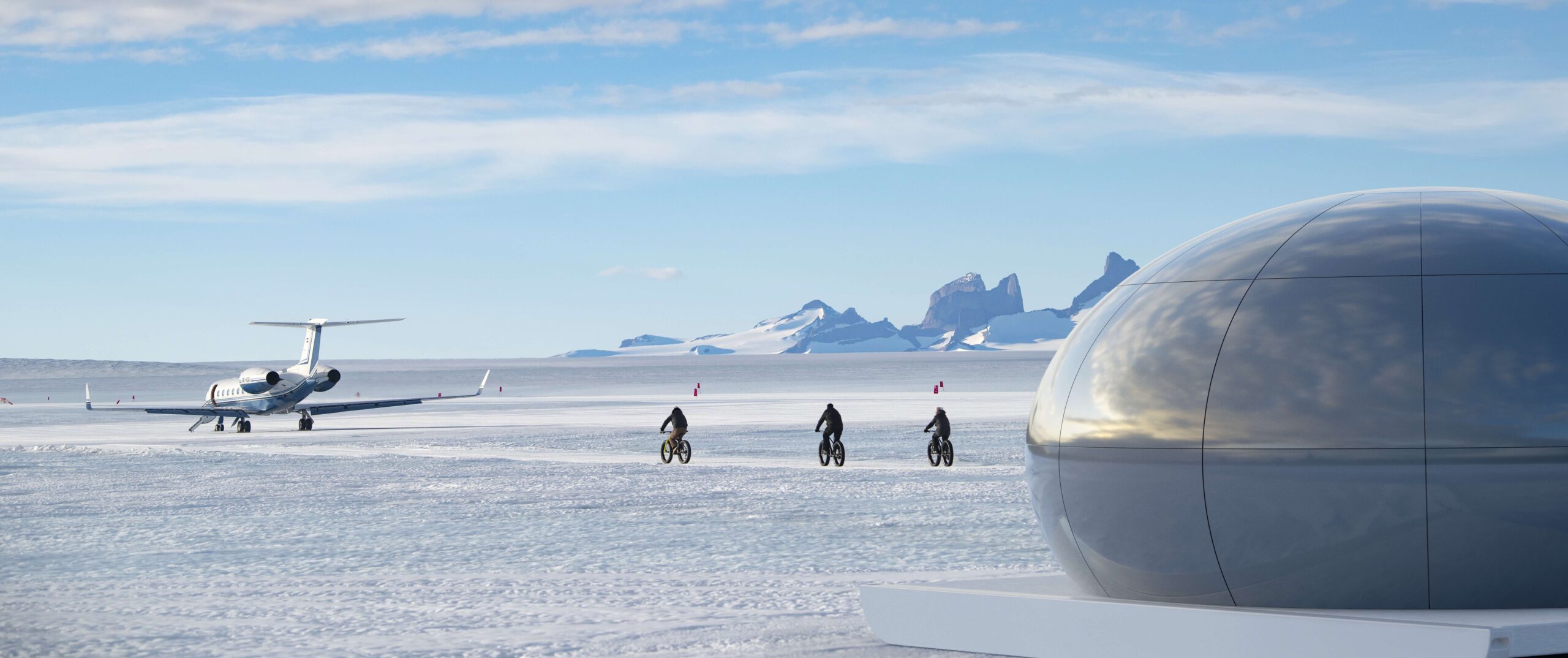Zambia is Africa’s upcoming safari destination. A place to epic wilderness, great wildlife, close-up encounters and a collection of new luxury camps. It’s a destination best told by the experts.
Time + Tide is a family owned luxury safari operator, with nine award-winning camps in Zambia and Madagascar. We interviewed their CEO Bruce Simpson about the magic of safari in Zambia.

Bruce, how would you introduce Zambia to people who don’t know the country?
It’s not a new destination. It’s a destination with some of the most amazing history from a safari point of view. It has special places with some very special wildlife.
For me it’s a real, hidden gem, completely not commercialised, where you can go and experience real Africa, rural Africa.
Zambia is known for water, like the great Zambezi river and Victoria Falls, but really it’s about incredible wildlife and safari destinations mixed with some amazing culture.
How has Zambia gone under the radar for so long?
The thing with Zambia is that it doesn’t have a migration and wasn’t one of those big hunting destinations of old, which is really where safari started. There’s a real benefit to being a little under the radar – it’s a little bit more old, authentic, rural, real Africa, and it’s not as commercial as the rest. Part of it might be the branding initiatives, the authorities, businesses, etcetera. But Zambia has been kept a little bit secret, which is a good thing.

What’s your favorite destination in Zambia? What really inspires you?
I’ve been in the safari industry for 25 years and I’ve been really, really lucky to not only travel around Zambia, but also around Africa. Something like the wildebeest migration in Kenya and crossing the Mara River is amazing. But there are a lot of vehicles and it’s crowded.
Whereas in Zambia you have all these different biomes and national parks. And the safari is different. My first walking safari is something that I will never forget. You get to camp out in a river bed under a mosquito net. You walk from camp to camp, you come right up to animals.
I remember trying to stop for tea. And there were just so many elephants around. We were trying to find a place where there weren’t any elephants. So we ended up just sitting down and having tea, looking at elephants.
About 30 years ago I did a canoe safari down the Zambezi river. A canoe safari down the Zambezi gets you on eye level with anything from a crocodile to a hippo, to an elephant. You’ve got to get your hands dirty, you have to get your feet wet, you have to feel your toes between the sand. And there’s something special about that because it’s a humbling experience.
Want to go on Safari?
Tell us more about your new Zambia destination, the Liuwa Plains.
We have a partnership with the local community and African Parks who are looking after it. You know, it’s over 3500 square kilometres. That’s the kind of space that you’ve got in Zambia. And in those 3500 square kilometres there are only two places to stay. In the camp there are only six tents. That’s only two Land Rovers in all that space.
Right now everyone’s talking about where you can go, how you can get away from other people and be safe. And then you go and find a camp in Africa and you have this incredible degree of isolation, with the whole experience in the open air.

What is a typical safari itinerary in Zambia?
There’s great diversity in Zambia and it’s a country where you can’t do everything in one trip. The South Luangwa National Park is over 9,000 square kilometers. I think Zambia is perfect as a second time to Africa. You’ve kind of ticked off the big five, which is an important moment in everybody’s life, it’s important to see your first zebra and elephant.
But if you’ve seen that and you’ve done that, a trip into Zambia would likely start in Livingston where you’re going to see the Victoria Falls from the Zambian side. Then down the river to Lower Zambezi National Park. This is where you do a game drive, a walk, a canoe safari, go out fishing and even sleep out up against the mountains.
In Lower Zambezi you’re getting that diversity. South Luangwa is a next step. You can go along the rivers, and wildlife tends to congregate around rivers and water holes. And Luangwa is where you go and do a walking safari where you go from camp to camp, north of the river in an area that is very, very unpopulated by vehicles and people.
We’ve got camps that are five or six tents. That’s all. All your meals are cooked on an open fire and you have brunch or dinner in the bush. We go camp in a riverbed with a full four-poster bed and mosquito net, with six fires around. It’s really about ensuring that you are fully connected with the surroundings at all time.

Sleeping in a riverbed sounds cool, but maybe not completely comfortable. What can guests expect from the accommodation?
Safari camps are not just swimming pools and the audaciousness of a five-star hotel. Sure Zambia has that. And it’s got more than that. But how do we measure the comfort of a tent? It’s not always the size of the tent. A comfortable bed is a big measure. A hot shower is a big measure. But if you’re doing that in a five star, four star, three star, or just camping on the river bed, it all has its place. And it’s all got its relevance.
I just did sleep out on the Louie River with my two little girls, eight and 11 years old. And you know, when you’re watching sunset with your feet in the water, and you’re still looking at a sunset and some animals, not from the comfort of a land Rover, when you’re listening to the noises of the birds and animals, sort of closing down for the evening and then the nocturnal animals are waking up, and you go around the campfire, you have a barbecue cooked on a coal fire and you’re listening to all that – there’s something really amazing about that experience whether you’re eight or eighty years old.
That is what Zambia offers in abundance. Later you can go back and have your five-star comfort, like in Livingstone where you started.

So the two weeks wouldn’t include Liuwa Plains?
Well, maybe it would. While Zambia is not the most remote place in Africa, Liuwa Plains is very remote within Zambia, and it takes some getting to. In Liuwa there’s still the traditional safari on a Land Cruiser through the park, which is also the most phenomenal experience. And the experience in Liuwa is really about getting into a place that is not that well known.
It’s the old safari of expedition, having an expedition versus an exploration. Liuwa has got that and it’s got a migration that is tens of thousands of animals that you get to be alone with. The apex predator is the hyena. They’re an incredible species and it’s incredible to see them hunting. Certainly there are environments where there are bigger predators or volumes of bigger predators. Liuwa Plains has got cheetah, it’s got lions, but hyena are the biggest predators.
Tell us more about your camp in Liuwa Plains.
Zambia does have the extravagance of a five-star lodge with a swimming pool. At Liuwa Plains there’s still a lot of amazing comfort and this opportunity to be out in those spaces. We don’t have a swimming pool. But Liuwa Plains also doesn’t have crocodiles. So we swim in the rivers. And there’s something different about swimming there, than swimming in a pool in a constructed environment. Because here you’re in rural, real Africa. That’s what Liuwa Plains offers on so many levels.

Tell us a little bit more about the Time + Tide Foundation.
One thing I didn’t mention with the growth in tourism is Zambia’s culture and people. And while you can’t always sell the people component of it, because it’s not the commercial of people dancing and being shown off, everyone is touched by the passion and the amazing, humble nature of the Zambian people. You know, there’s some really interesting cultures, like up in the Liuwa Plains, but part of what we do as Time + Tide is that we value systems like social responsibility, conservation, the desire to protect national heritage, wildlife and biodiversity.
It’s also about knowing that we’ve got to look after these places and not allow land exploitation or poaching. The foundation in Zambia is very heavily focused on people and the social responsibility around the areas that we have lodges and camps. We have a focus on female empowerment. We have a focus on education, female education, and we have a focus on supporting disadvantaged people from a health and medical point of view.
What can we expect to see in the coming years from Time + Tide?
One thing about Time + Tide is that we do want to grow. We do want to grow into areas that are a little bit like the story around the Liuwa Plains. We want to get into those places where there is so much to see and to do, but there are undeveloped tourism environments. And so as a person, as an individual, I love that. I love going to those areas that are undiscovered and unexplored. As Time + Tide we certainly want to go into those areas to start tourism, to participate in tourism and explore areas that haven’t bean developed.
For me, Ethiopia is untapped and untouched. I think there’s so much to do in Uganda. You know, it’s had some starts in the past that need some work. And then hopefully we’ll see companies like ours to get into Central West Africa where there is a lot of opportunity, such as Congo and Gabon.

